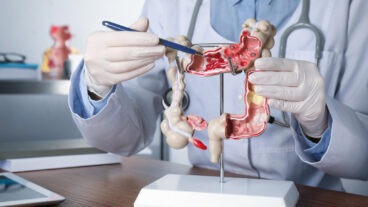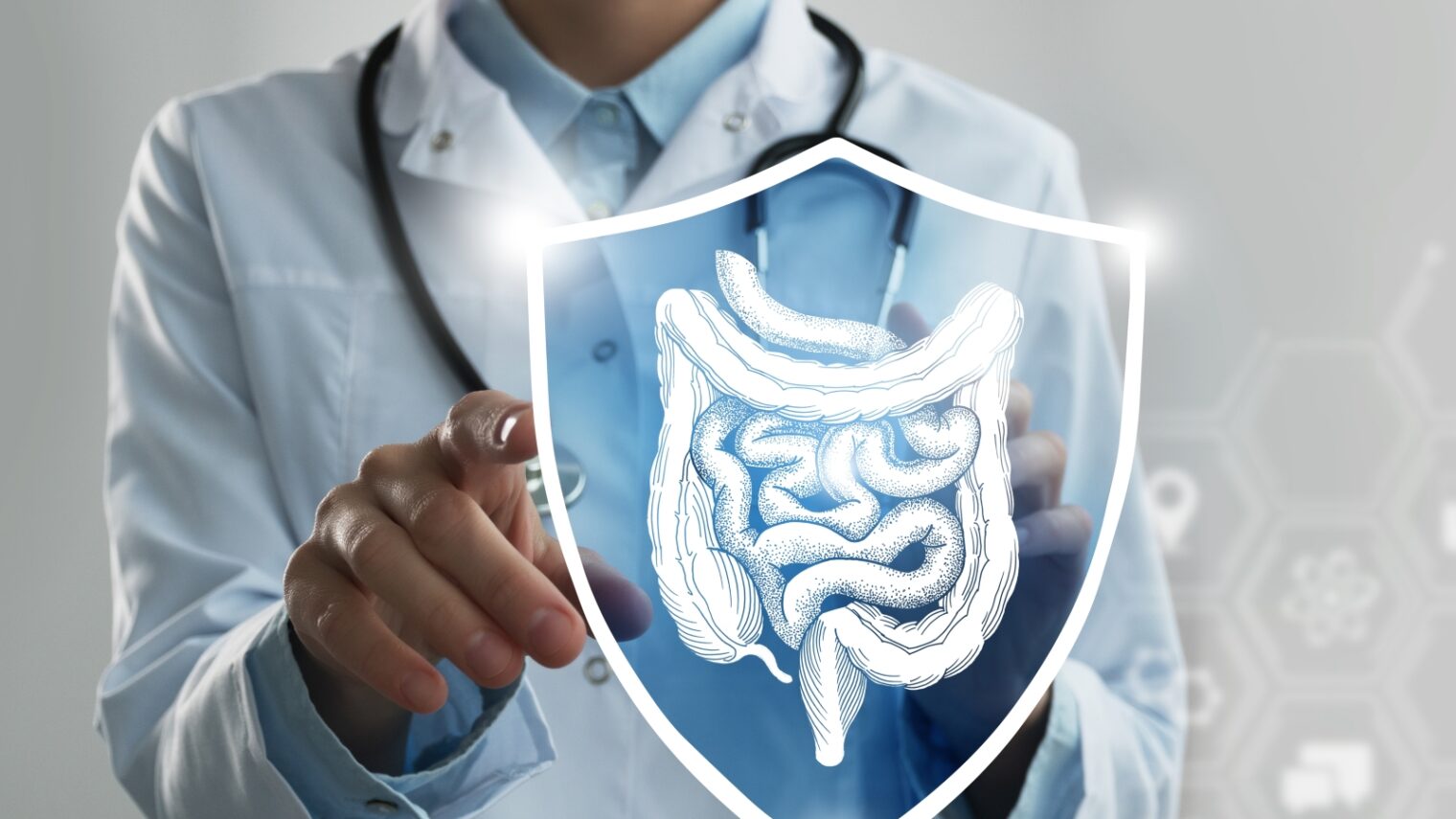Colorectal cancer, which can develop in the bowel, colon or rectum, is an illness that over the past decade has been affecting more and more young people.
It is the third most common cancer worldwide. In the past 10 years, however, there has been a 20 percent increase in the number of people below the age of 50 who have been diagnosed with the disease.
Countless studies have tried to explain the phenomenon, but the medical community still does not have a definitive answer. And people can still get colorectal cancer if they don’t have known risk factors.
Dr. Einat Shacham-Shmueli, chief of the Gastrointestinal Cancer Department at Sheba Medical Center, tells ISRAEL21c that she often meets patients who lead a very healthy lifestyle, but still fall victim to the destructive illness.
Nevertheless, Shacham-Shmueli, like most medical professionals, recommends sticking to certain lifestyle rules to eliminate environmental risks of developing colorectal cancer.
1. Screening tests
The most important thing when it comes to colorectal cancer prevention is screening, she says.
“From the age of 50 and upwards, you need to annually get a colonoscopy or a fecal blood occult test,” says Shacham-Shmueli.
If you are below the age of 50, you should be screened immediately if you experience symptoms that are generally associated with colorectal cancer: changes in bowel habits, blood in your stool, unexplained abdominal pain or unexplained weight loss.
“If you’re young and you have these symptoms, get a clarification from your doctor. Don’t leave it be if a doctor tells you that all of that is due to hemorrhoids,” she advises.
2. Fiber-rich diet
“Sticking to a diet that’s rich in fibers, vegetables and fruits, and low in trans fats and carbs, is something that you can do to minimize the risks,” says Shacham-Shmueli.
Doctors recommend consuming a minimum of 50 grams of fiber a day to minimize colorectal cancer risk.
Studies have also shown that an inadequate dietary intake of fibers is sometimes observed among colorectal cancer patients, and could be a driving factor in the increase of this cancer type among young people.
3. Eliminate processed meat

Processed meat (such as bacon, cold cuts, chicken nuggets, sausages and frankfurters) is classified by the World Health Organization (WHO) as a Group 1 human carcinogen, which means there is sufficient scientific evidence that it can cause cancer.
Furthermore, processed meat is believed to play a part in the etiology of colorectal cancer. Recent studies suggest people who heavily consume processed meat have a 20%-50% higher chance of developing colorectal cancer than non-eaters of processed meat.
In fact, 50 grams of processed meat a day reportedly increases your chances by 16% of developing colorectal cancer.

The recent revelation by Kate Middleton, Princess of Wales, that she was battling cancer was a shock to many around the world. Middleton, who is only 42, has always appeared to be in the best of shape and in good health.
Her diagnosis, however, only highlights the disturbing rise in the number of young people diagnosed with various forms of cancer, especially colon or colorectal cancer.
4. Exercise
The US National Cancer Institute says that physically active adults can reduce their risk of developing colon cancer by as much as 24%.
A recent study by Newcastle University has shown that physical activity causes the cancer-fighting protein, interleukin-6 (IL-6), to be released into the bloodstream, repairing damaged cells.
A study by the University of Sydney in Australia concluded that as little as four minutes of vigorous activity a day can reduce the risk of cancer by 30%.
5. Obesity
The World Cancer Research Fund says the cells in the body of obese individuals are often exposed to abnormal metabolite levels, which can act as a breeding ground for cancer-forming cells.
Excess weight also serves as a trigger that releases insulin and insulin-related hormones into the bloodstream, which is believed to spur the growth of cancer cells.
Additionally, obesity and excess weight are directly linked to diabetes and various inflammation processes in the body, which all act as risk factors for colorectal cancer.
6. Smoking and alcohol

Latest studies suggest that smokers have a 59% higher chance of developing colorectal cancer than non-smokers.
Meanwhile, people who regularly consume high quantities of alcohol – defined as more than two drinks a day — have a 27% higher chance of developing cancer than do non-smokers.
It is not completely understood how these two habits lead to development of cancer cells. Scientists speculate, however, that drinking alcohol and smoking damage cells, which then change their DNA, in some cases leading to cancerous growth.

















